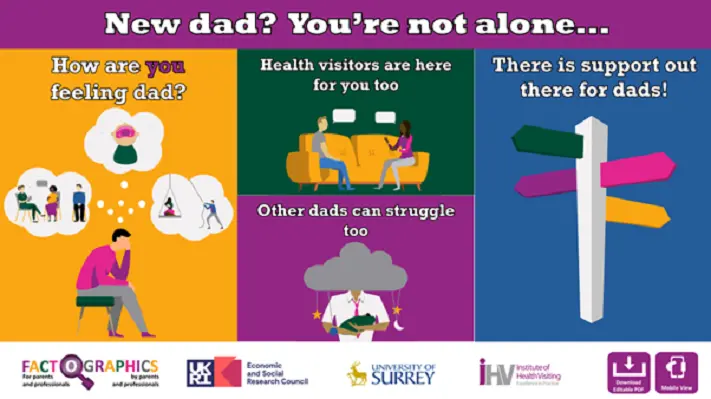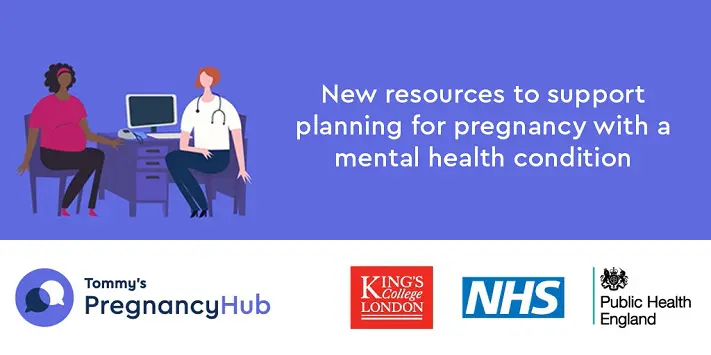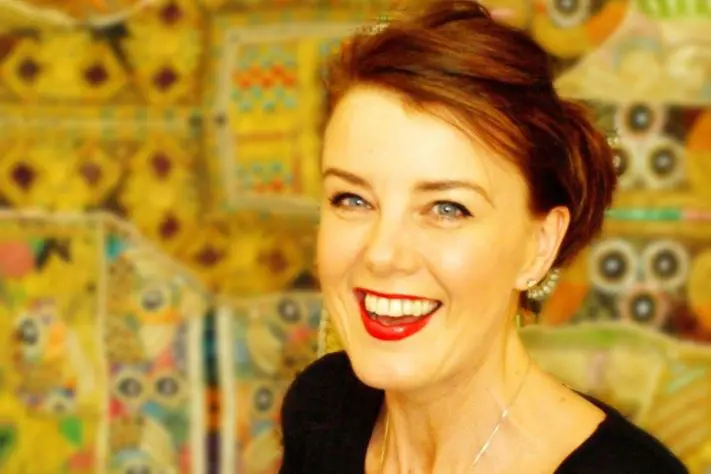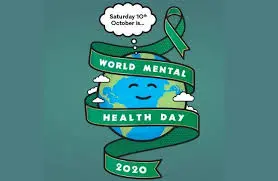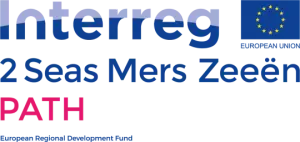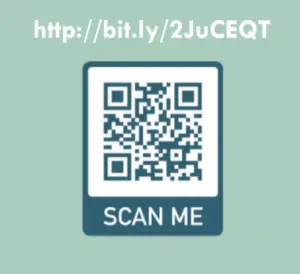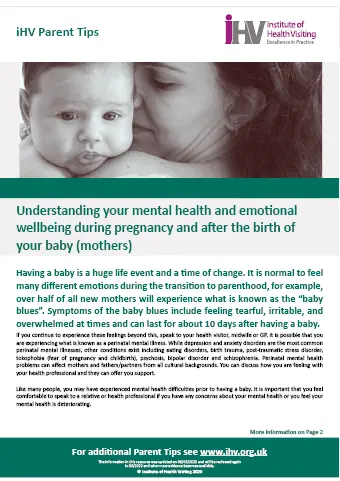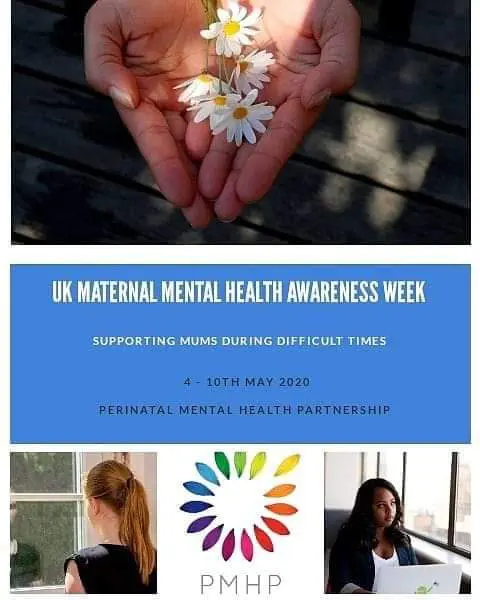New and exciting opportunity with the Institute
Are you:
- An ambitious administrator with an engaging online presence, looking for a stimulating and varied work opportunity?
- Looking for an exciting role providing central support to a dynamic team providing nationally recognised training?
- Organised and systematic in your approach to work and able to work remotely without direct supervision?
If yes, then come join us. This is an excellent opportunity to join the Institute of Health Visiting, the leading Centre of Excellence for health visiting, as our Training & Mental Health Administrator to support the organisation of our training events and meetings, acting as technical coordinator (hosting online training events and Forum meetings), and providing specific support for the mental health team and wider iHV team activity. Provision of national training is an important function of the work undertaken by the Institute and provides important income for the iHV, which is a charity.
This exciting new combined post is offered to grow our virtual training capacity and meet the increased administration needs arising from the growing demand for our training, while providing an opportunity for the right candidate to become part of the valued administration team at the Institute.
We are seeking applicants who enjoy varied work and are good self-starters with excellent personal drive. You will need to be able to work efficiently remotely, without direct supervision, as well as collaboratively as part of a busy team in the office. You will have experience in the use of online meeting platforms and a confident presence in the virtual space.
As the Training & Mental Health Administrator, you will work alongside the current iHV Training Administrator and will oversee the day-to-day administration of our regular multi-agency training events – ensuring that the systematic preparation and robust liaison with all parties supports delivery at the highest standard by our trainers, in order to meet our contractual obligations to our stakeholders (funders and paying participants). A key part of the role is also providing technical coordination for our virtual training events. This hosting role is central to the success of our live online training and ensures a very positive training experience for the participants, where you will welcome them to the virtual space and assist with any issues.
The post will suit candidates who are organised, systematic in their approach to work and are excellent communicators. Your work will support the roles of the iHV Training Programme Lead and iHV Mental Health Lead, and you will be supported by a fantastic team including the iHV Training Programme Manager, iHV Training Administrator, iHV Digital & Marketing Intern and a host of wonderful iHV Professional Development Officers in the Mental Health team.
This post will offer the right candidate a unique opportunity to enjoy a job that provides a real variety of tasks, which contributes to the delivery of highly acclaimed and nationally recognised training, while working on alongside a really committed and dynamic team.
Applications close: 9am Friday 23 July 2021.
Interviews: Tuesday 3 August 2021.


